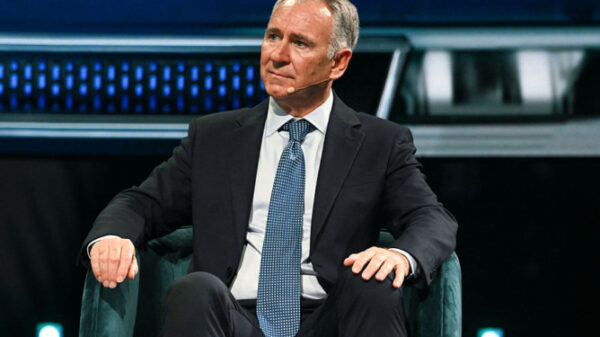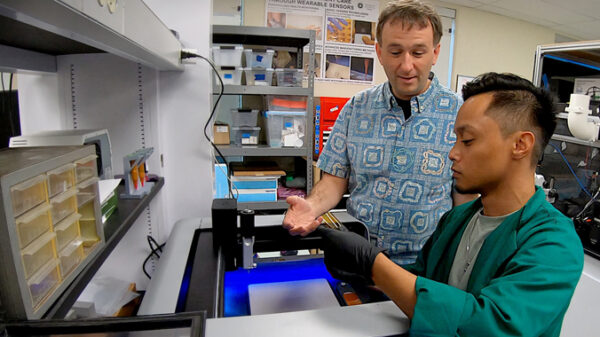Infertility is often perceived as primarily a women’s health issue, yet it actually affects men significantly, accounting for about half of all infertility cases. Colton Underwood, a former NFL player and television personality, recently addressed this misconception during a panel discussion at the HLTH conference in Las Vegas. His personal journey with male infertility highlights the urgent need to reduce the stigma surrounding this topic and encourage men to take a more active role in family planning.
Underwood shared his experiences with fertility challenges, emphasizing the surprise he felt when undergoing tests with his husband. He recalled a moment at the fertility clinic when a doctor informed him, “Well, you have four that are dead, but I could make them work.” The revelation was shocking for Underwood, who had always viewed himself as a healthy male. “It caught me off guard,” he said, noting that discussions with family and friends revealed how common male infertility actually is.
Factors Contributing to Male Infertility
During his fertility journey, Underwood learned about several lifestyle factors that could impact sperm health. Frequent use of hot tubs, saunas, and steam rooms, along with wearing tight-fitting workout gear and undergoing testosterone replacement therapy, were significant contributors to his challenges. After modifying these habits and beginning medication, his sperm health improved, leading to the birth of his son, who is now one year old.
Underwood’s experience is not isolated. According to Josh Halpern, chief scientific officer of Posterity Health, many men struggle with the emotional weight of infertility. “There’s a lot of shame and stigma. There’s a lot of guys who feel a responsibility,” Halpern explained during the panel. He noted that the competitive nature of some men might amplify the emotional toll of infertility, creating a need for specialists to draw men into the conversation and help them understand that these issues are more common than they realize.
Breaking Down the Stigma and Promoting Awareness
The panelists underscored the necessity of routine fertility testing for men and advocated for the expansion of at-home testing options to enhance accessibility. Emotional support and peer networks are also crucial for those navigating infertility. Asima Ahmad, co-founder and chief medical officer of Carrot Fertility, stressed that infertility should be recognized as an issue that affects men just as much as it does women. “Infertility is not just a woman’s issue,” she stated. “For men, infertility is not just a sperm issue either. It’s part of your overall health.”
Ahmad elaborated on how various factors, including nutrition, exercise, sleep quality, and stress management, play integral roles in fertility. The panel highlighted the importance of a holistic approach to fertility care, suggesting that men should view their reproductive health as interconnected with their general well-being.
Through events like the HLTH conference, advocates like Underwood aim to reshape the narrative around male infertility. By fostering open conversations and increasing awareness, they hope to dismantle the stigma that often leaves men feeling isolated in their struggles. As more individuals share their stories, the hope is that society will begin to recognize infertility as a shared challenge, leading to greater support and understanding for all affected.





































































